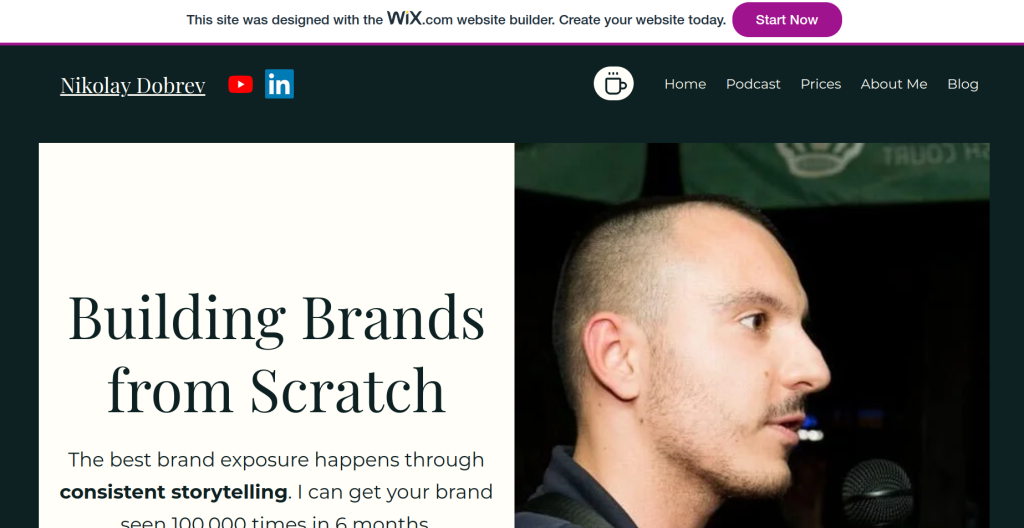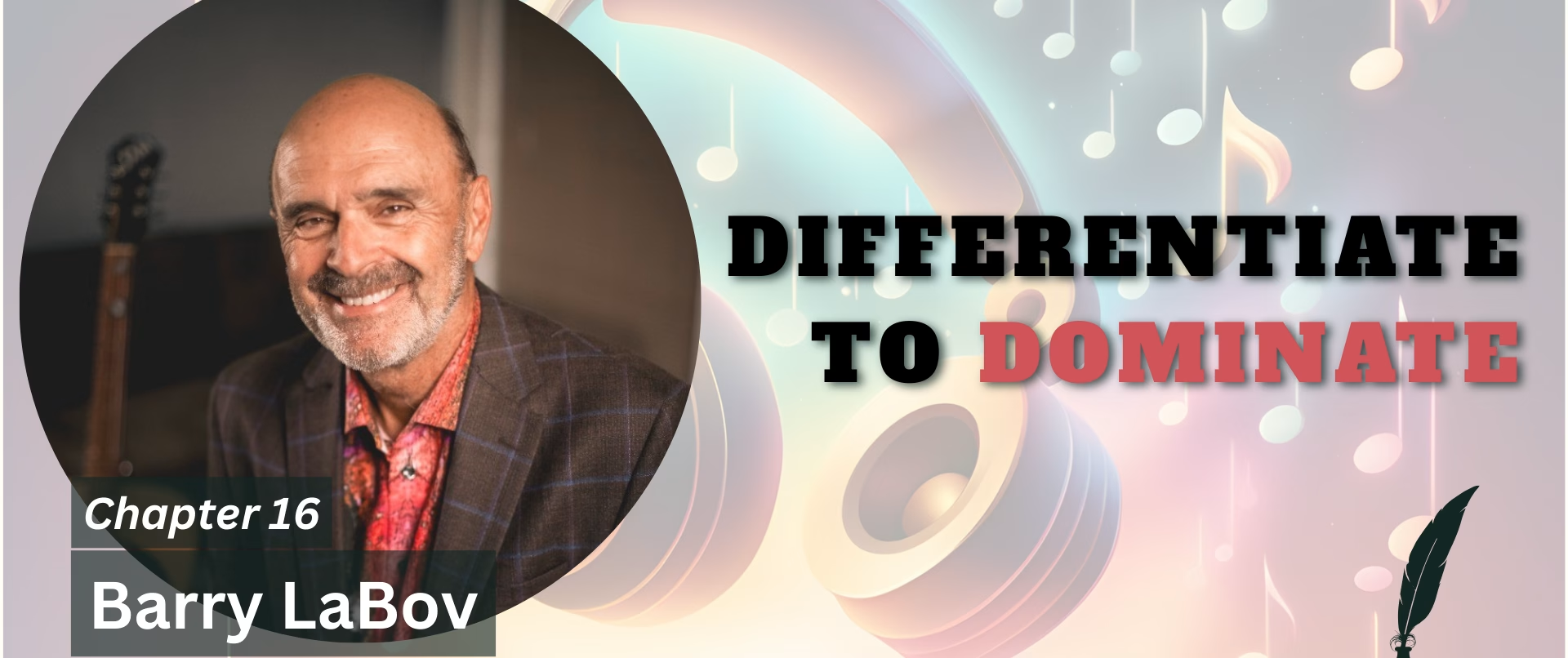Creating your own website is a journey that involves choosing the right platform for your needs. From the simplicity of Wix to the flexibility of WordPress, each option offers its own benefits and limitations. This article explores my personal experience with each platform, detailing the pros and cons, and explains why I ultimately chose WordPress.org and Namecheap to power my online presence.
1. Building My First Website on Wix
When I first decided to create my own website, I started with Wix. It’s an ideal platform for beginners due to its drag-and-drop interface and pre-built templates. You don’t need any coding knowledge, which made it perfect for me as a non-developer at the time. Within hours, I had a functioning website that looked professional and was ready for the world.
Benefits of Wix:
- User-friendly: It’s perfect for beginners or people with no technical background.
- Fast setup: You can have a website live in hours.
- All-in-one solution: Hosting, design, and domain registration are included.
Disadvantages of Wix:
- Limited flexibility: While great for small websites, customization is limited, and you might outgrow its capabilities if you need more advanced features.
- Pricing: Wix can become expensive, especially if you want premium features like a custom domain and e-commerce functionalities.
- SEO limitations: While Wix has made strides, it still lags behind WordPress when it comes to SEO customization, something crucial for my growing needs in content marketing websites.
Wix was an easy start, but as I wanted to scale my site and improve my SEO efforts, I realized it wasn’t the long-term solution for me.

2. Transition to WordPress.com
Next, I took the leap and decided to move to WordPress.com. WordPress is one of the most popular content management systems, and it was highly recommended for its versatility. My free website there is still live, so there is a limited time when you can check it out. However, I soon realized I had confused WordPress.com with WordPress.org, which led to some limitations.
Benefits of WordPress.com:
- Easy to use: Like Wix, you don’t need to manage hosting or worry about site security, making it ideal for beginners.
- WordPress ecosystem: You still get access to some plugins and themes but within a controlled environment.
Disadvantages of WordPress.com:
- Limited customization: While you’re on the WordPress platform, you still don’t have full control. Custom themes and advanced plugins are limited.
- Pricing for advanced features: As your website grows, you may need to upgrade to higher-priced plans to access essential features like a custom domain or more storage.
- Not fully scalable: For someone looking to expand their content marketing website and make long-term improvements in SEO and branding, the restrictions were too limiting.
WordPress.com was a step up, but still didn’t provide the control I needed for growth.

3. My Final Move to WordPress.org
After learning the difference between WordPress.com and WordPress.org, I made the final shift to WordPress.org. Here, I finally had full control over my website, with the ability to use any theme, plugin, or custom code I wanted. While the setup process was more involved, the freedom and scalability were worth the effort.
Benefits of WordPress.org:
- Complete control: You have the flexibility to build exactly what you need, whether it’s a simple blog or a full-fledged content marketing website.
- Endless customization: With thousands of themes and plugins, the design and functionality possibilities are endless.
- SEO optimization: WordPress.org offers powerful SEO plugins like Yoast and Rank Math that allow for granular control over your website’s SEO—perfect for scaling your content marketing efforts in 2024.
Disadvantages of WordPress.org:
- Steeper learning curve: If you’re not familiar with web hosting or domain management, there’s a learning process.
- Self-hosted: You need to manage your own hosting, backups, and security, which can be overwhelming at first.
After investing over 12 hours in building my site, I was thrilled with the results. But just when I thought everything was set, I accidentally reset my PC, wiping out all the pages I had built. However, with the content saved from my Wix site and a better theme, I was able to recreate everything in just a few hours.
Why I Chose Namecheap for Hosting
When moving to WordPress.org, I needed reliable hosting, and I landed on Namecheap. Namecheap offered an affordable and easy-to-manage hosting solution, which fit my needs perfectly. Transferring my domain from Wix to Namecheap was smooth, and the service has been excellent since.
Benefits of Using Namecheap:
- Affordable: Namecheap offers some of the best prices for domain registration and hosting, making it an ideal choice for personal websites or small businesses.
- Reliable support: Their 24/7 customer support has been a lifesaver when dealing with technical issues.
- Free migration: They offer free site migration, which made the process of moving my website over hassle-free.
- Fast loading times: Namecheap’s hosting provides good site performance, essential for user experience and SEO.
With Namecheap, I have everything I need to manage my WordPress website efficiently while keeping costs low. Now, my website is live and ready for scaling!
What to Expect from My Website
On nicodobrev.com, you can explore topics like:
Final Verdict
Wix, while easy to use, lacked the flexibility needed for a growing content marketing website. WordPress.com provided more features but still came with limitations for customization. Finally, I moved to WordPress.org, where I had full control over my website’s design and functionality.




Leave a Reply